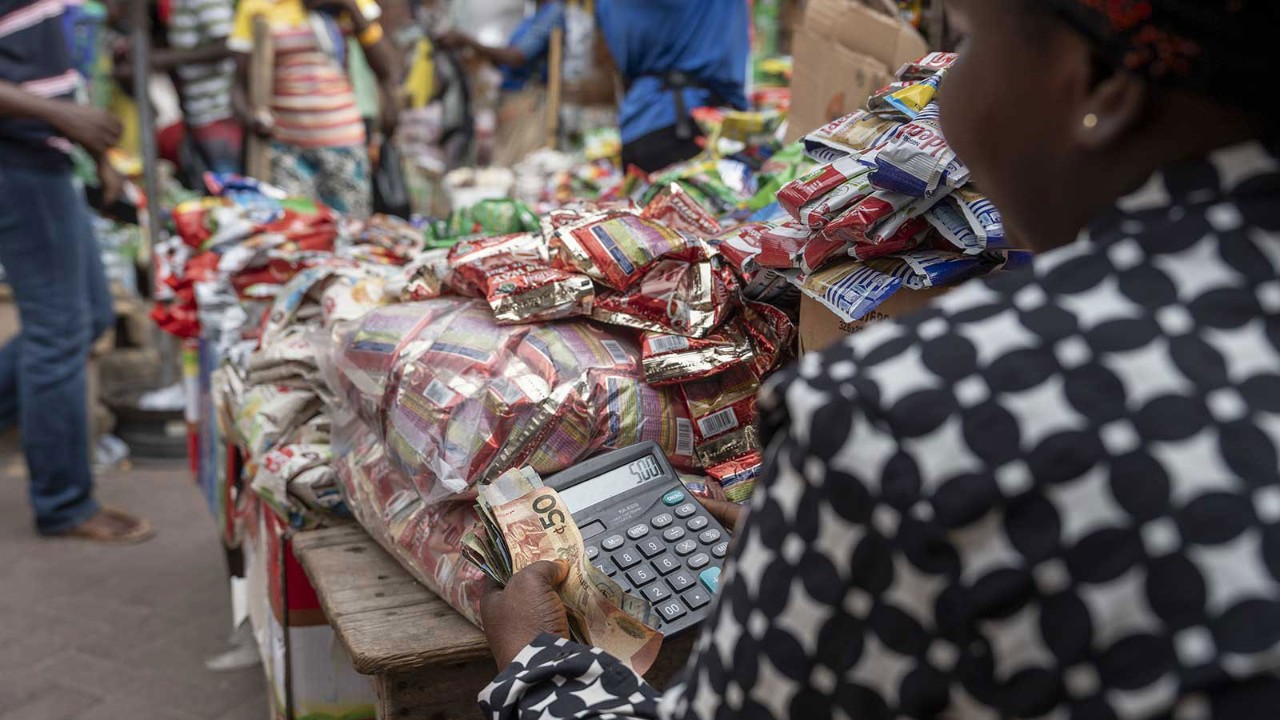
For several quarters now, many central banks across Africa have been engaged in a brutal fight against inflationary pressures that began during the global spike in 2021 (see panel). Among the weapons at their disposal, the most widely used is interest rates, which can be raised to limit the amount of money – and therefore spending – in the economy.
So, when the central banks of Egypt, Ghana and Nigeria – countries that already have some of the highest interest rates on the continent – held their regular monetary policy meetings at the end of May, their decisions were not unexpected. While Egypt and Ghana opted to keep interest rates at their present painfully high levels, Nigeria opted to raise its rate even higher.
Vicious circle
In today’s world, economic growth requires availability of capital, which in turn depends on the cost of that capital. High inflation, and the high interest rates that are its consequence, hurt economies and, by extension, households. Businesses fail to be built, existing ones fail, jobs are lost, domestic currency values plummet, and people are unable to afford necessities, which can lead to a feeling of national despair.
Most countries that experienced the inflation spike of 2021 have seen it subsequently fall back to normal levels, but many in Africa seem still to have many more rounds to go in the boxing match with inflation.
Central banks are doing their utmost, but they cannot win the fight against inflation alone
While central banks would prefer that the cost of capital – interest rates – remain low, they must also be alert for the inflationary pressures that may result and act accordingly. This is what makes central banking difficult. It is a job that becomes even more challenging when it appears that the fiscal side, the treasury, is pulling in the opposite direction.
Fighting fire with fire
In May, the Central Bank of Egypt decided to keep its policy interest rate at 27.25% to bring down an inflation rate that soared from 5.6% in December 2021 to 38% in September 2023 and is still at 32.5%. Ghana is sticking with 29% after reducing inflation from 54.1% in December 2022 to 25% in April 2024. Nigeria meanwhile upped its policy rate for the third time this year, to 26.25%, to tackle inflation that has climbed inexorably from 15.4% in December 2021 to 33.69%
Central banks are doing their utmost, but they cannot win the fight against inflation alone. The treasuries of these countries must also throw their hats into the ring and give all the support they can. A look at government spending in Egypt, Ghana and Nigeria shows similar patterns: a sudden spike just before a precipitous climb in inflation. High government spending contributes in no small measure to inflation, and its reduction must therefore be one of the tools in the fight against rising prices.
Even though the treasuries of all three countries have reduced spending, they need to do more. They need to coordinate better with the central banks, and communicate this coordination. They must be seen to have joined the fight. It seems that Egypt has started to do just this. In April, finance minister Mohamed Maait announced that the treasury would make the central bank’s inflation target its priority. His announcement must be followed up with visible concrete action.
Of course, the treasury’s task is not easy, either. Citizens will continue to ask for things like infrastructure and social spending, which are by definition inflationary, so political pressure to spend will remain high. But governments must seriously think through how to provide these things while reducing the inflationary effects of their actions.


